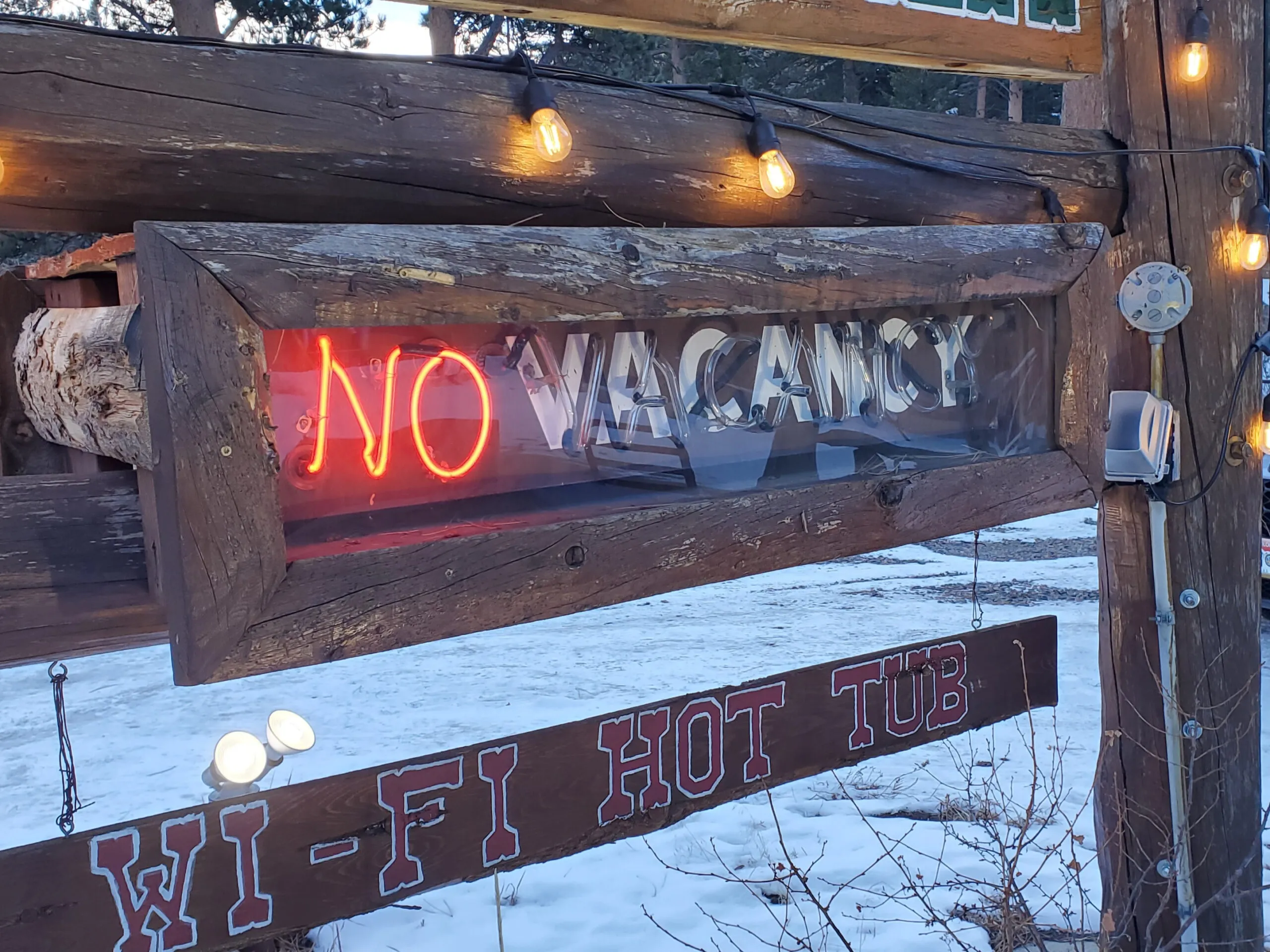Eco-devo board OKs CECFA scheme to facilitate Stanley Hotel sale

The CECFA can move forward into the next stages of its plan to buy the Stanley Hotel that inspired Stephen King’s “The Shining” novel.
THIS ARTICLE IS FOR SUBSCRIBERS ONLY
Continue reading for less than $3 per week!
Get a month of award-winning local business news, trends and insights
Access award-winning content today!
Already have a paid subscription?
Sign in with GoogleSign in with Google





